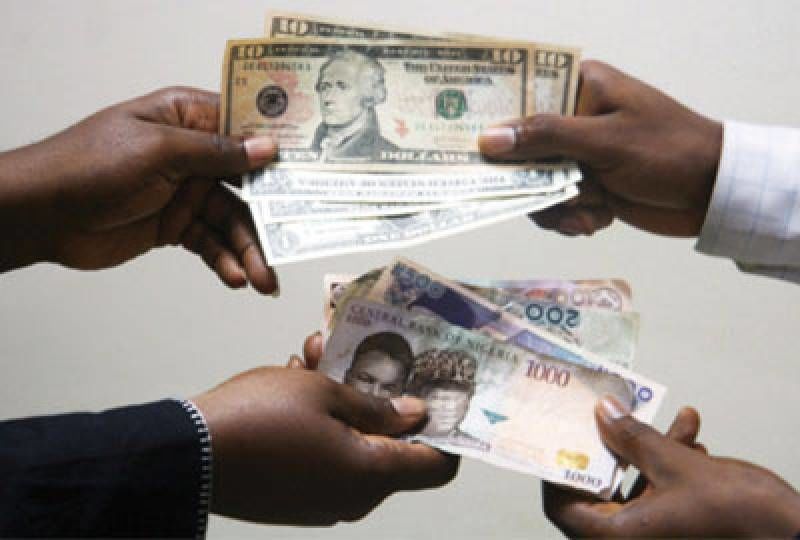
 The returns on foreign exchange (FX) utilisation published by some of the international banks have revealed that the pressure on capital outflows has gradually subsided.
The returns on foreign exchange (FX) utilisation published by some of the international banks have revealed that the pressure on capital outflows has gradually subsided.
Unlike in the past when FX purchases for repatriation of capital used to feature prominently on returns of FX utilisation published by Stanbic IBTC and Standard Chartered, the report for the week ended August 12, 2016 published last week showed gradual easing of FX outflows.
For instance, while Stanbic IBTC returns on FX utilisation showed that the bank sold $62,646,491.70 to 135 customers (both individuals and corporates), the FX purchased by foreign portfolio investors that included The Northern Trust Company, SNNL/JP Morgan Chase Bank, HSBC Bank Plc, and the Bank of New York Mellon was just $2,699,545.98. Previously, FX transactions by the aforementioned investment banks used to dominate Stanbic IBTC’s FX returns publication.
The Central Bank of Nigeria (CBN) ditched its 16-month old peg on the naira in June and introduced a flexible exchange rate regime to allow the currency to trade freely on the interbank market.
But dollar liquidity has remained a concern in the system with periodic intervention by the central bank. The naira, which closed at N316.55 to the dollar on the interbank FX market, has remained volatile as it continues to search for an equilibrium price.
Meanwhile, the returns on source of funds by Stanbic IBTC showed that it bought $69,536,289.25 from the CBN and other autonomous FX sources.
Similarly, Standard Chartered Bank of Nigeria’s returns on FX utilisation showed that the bank sold the greenback it bought from both the CBN and autonomous market sources to its customers for school fees, Visa Card settlement, interest on loan repayment and certificates of capital importation (CCI) settlement. The bank’s publication showed that it sold dollars to 144 customers.
In the same vein, Zenith Bank Plc’s returns on FX utilisation showed that it sold $57,799,674.06 to 414 of its customers, both firms and individuals. The bank also entered into significant amount of non-deliverable forward (NDF), a foreign exchange hedging strategy where both parties agree to settle the profit or loss in a foreign currency futures contract prior to the expiration date of the contract, with Nigerian Breweries Plc. Other FX transactions between Zenith Bank and its customers were for the payment of school fees, and importation of industrial raw materials, among others.
Also, Diamond Bank Plc sold $19,945,172.18 to 181 customers. Majority of its customers purchased the greenback for PTA, while others were for payment of tuition abroad, importation of industrial plastic, pharmaceutical machinery, Visa Card settlement as well as to Bureau De Change (BDC) operators.
For First Bank Nigeria Limited, its publication showed that it sold $70,295,756.22 to its customers. Of the total, $60,405,164.7 were for FX Futures contract between the bank and some of its customers, mostly those in the manufacturing sector. The firms were PZ Cussons Nigeria Plc, Multipro Consumer Product Limited and TG ARLA Dairy Products Limited.
Skye Bank Plc sold $681,295.95 to 66 firms for PTA, payments of medical bills, school fees as well as the importation of plants and machinery.
Keystone Bank Plc’s returns also showed that the bank sold $1,317,082.04 to its customers.
Similarly, First City Monument Bank Limited’s returns showed that the bank sold the greenback it purchased from the CBN as well as autonomous sources to 333 customers, for PTA, BTA, school fees, and software payment among others.
Access Bank Plc’s returns also showed that it sold dollars to 687 customers for export proceeds remittances, and homeward remittances, among others.
While FBN Merchant Bank Limited sold $402,444 to its customers, Rand Merchant Bank Limited also sold $563,246.09 to its customers.
